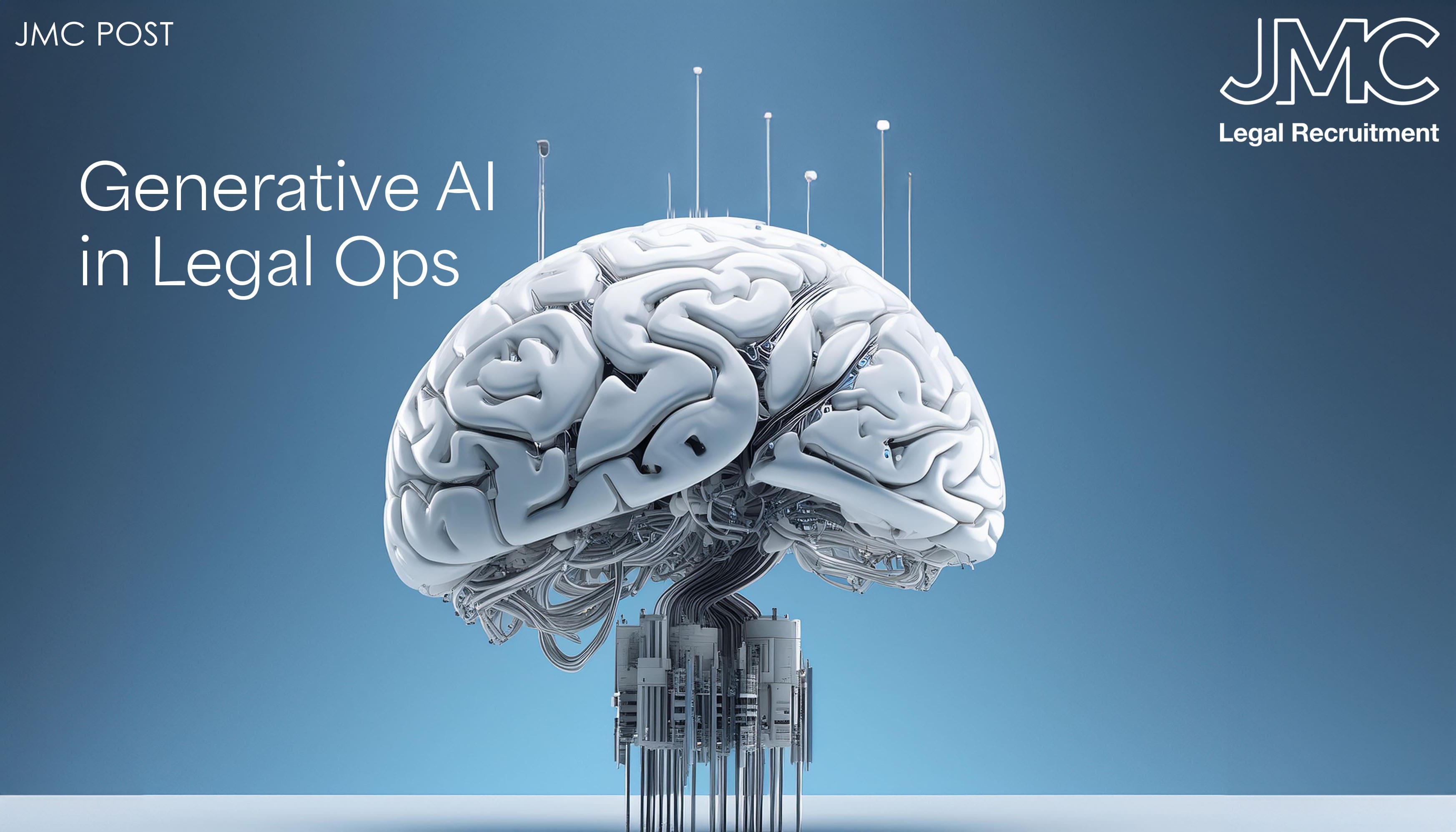
Generative AI in Legal Ops; Transformative Potential with a Catch?
06 Jun, 20244 minutes
Generative AI holds great promise for transforming legal operations, but experts warn it may not immediately lower costs. A survey by the Blickstein Group revealed that 85% of legal ops professionals expect widespread AI adoption in the next three years, with 70% anticipating lower legal costs. However, industry leaders argue that the reality might be different.
Key Insights:
- High Expectations vs. Reality: Robert Taylor from Deloitte highlighted a significant gap between expectations and execution. Preparing staff for AI adoption involves a complex change-management process, making immediate cost savings unlikely.
- Current AI Usage and Plans: The survey showed that 24% of legal departments already use generative AI tools and plan to update them, while 36% plan to implement these tools soon.
- Billable Hours and Savings: Shannon Kirk from Icertis noted that while AI can reduce mundane tasks, the savings might not benefit clients due to law firms' proficiency in maximising billable hours.
To address the challenges of implementing generative AI efficiently and safeguarding against hacking and data leaks, law firms and businesses can recruit specialised roles and partner with firms offering tailored solutions:
- AI Implementation Specialists:
- Data Scientists, Data Analysts, Data Engineers: These professionals analyse and process large datasets, ensuring that AI tools are effectively trained and integrated into legal workflows.
- Machine Learning Engineers (ML Engineers) and Natural Language Processing Engineers (NLP Engineers): These roles focus on developing and refining AI models, enhancing the AI's ability to understand and generate legal documents.
- Cybersecurity Analysts:
- These experts are essential for developing and implementing robust security protocols, monitoring for potential breaches, and ensuring compliance with data protection regulations to protect sensitive legal data.
- AI and Data Management Firms:
- Partnering with businesses that specialise in AI solutions and data management, such as Icertis for contract management or Conga for revenue management, can help law firms leverage generative AI effectively. These firms offer comprehensive services, including AI tool implementation, data security measures, and ongoing system management.
Generative AI might streamline legal operations and foster alternative fee arrangements, but the anticipated cost reductions may take longer to materialise. The legal industry’s adaptation to new technology has historically been slow, indicating a cautious approach to AI implementation. By recruiting the right talent and partnering with specialised recruitment agencies, law firms can navigate these challenges and unlock the full potential of generative AI.




